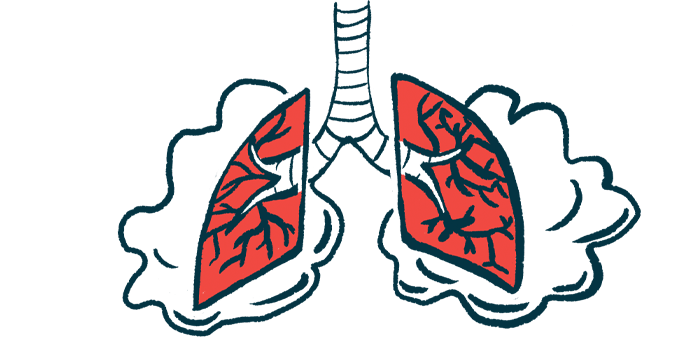New UK innovation hub launched to better tackle CF infections
Goal is to accelerate development of tests, treatments for lung infections
Written by |

A new Cystic Fibrosis Innovation Hub has been launched in the U.K. to accelerate the development of new tests and treatments for lung infections in cystic fibrosis (CF) patients.
This University of Liverpool-based hub will join a Translational Innovation Hub Network, which includes hubs led by the University of Manchester, the University of Cambridge, and Imperial College London, as well as partners across the U.K. and abroad. The first hub was based at the University of Cambridge.
The new £15 million (nearly $20 million) Translational Innovation Hub Network will be funded for more than five years by the charities LifeArc and the Cystic Fibrosis Trust, according to a University of Liverpool press release.
“We’re so excited about this opportunity and there are ways that everyone can get involved with our hub,” said Jo Fothergill, PhD, the Hub director and a professor of microbiology at the University of Liverpool. “We want to see better treatments for all people with cystic fibrosis, throughout life, while also training the next generation of talented researchers.”
Liverpool-based hub to focus on treatments for recurrent CF lung infections
CF is an inherited disease in which mutations in the CTFR gene cause the body to produce abnormally thick and sticky mucus. The buildup of this abnormal mucus leads to most symptoms of CF, including lung and digestive problems.
Bacteria can easily breed and multiply in mucus accumulated in the lungs of people with cystic fibrosis. Thus, ongoing or frequent lung infections are common among CF patients. Lung infections are treated with a complex arsenal of antibiotics depending on the bacterial source of the infection.
The Liverpool-based innovation hub will focus on addressing the issues facing CF patients with recurrent lung infections.
“The Innovation Hub Network is a unique approach to addressing these problems, using shared knowledge, partnerships and investment to accelerate new tests and treatments for people living with CF,” said Catherine Kettleborough, head of chronic respiratory infection at LifeArc.
Among their planned projects, the Liverpool-based research team hopes to further develop phage therapy. This therapy uses viruses called bacteriophage, or phage, to target bacteria causing lung infections and prevent antimicrobial resistance.
Other projects include improving the use of existing antibiotic treatments.
These new hubs give me hope because improving research into the cause of exacerbations and the development of potential new treatments takes away a lot of my fears around what my health is going to look like in the future.
The Innovation Hub intends to use artificial intelligence to scan medical records to predict response to treatment, including antibiotics.
Further, the researchers hope to develop a new method for testing many antibiotic combinations at the same time to determine in advance a personalized, specific combination that will work best for each person. The team also will investigate whether a new test that rapidly assesses more than 20 different bacteria simultaneously can help inform better treatment decisions in the clinic.
Finally, the Hub will study causes of pulmonary exacerbations, or instances where lung function suddenly worsens, which in cystic fibrosis patients is often due to an infection.
Sarah Sharp, who has CF and developed her first lung infection as a baby, said “the dream, for me, is to have less of a treatment burden.” Sharp, 24, noted that CF lung infections have led to a lot of hospitalizations for her over the years.
“This condition affects everything about my life, every single day. I have to adjust my life around my symptoms, in everything from work to friendships,” Sharp said. “These new hubs give me hope because improving research into the cause of exacerbations and the development of potential new treatments takes away a lot of my fears around what my health is going to look like in the future.”







